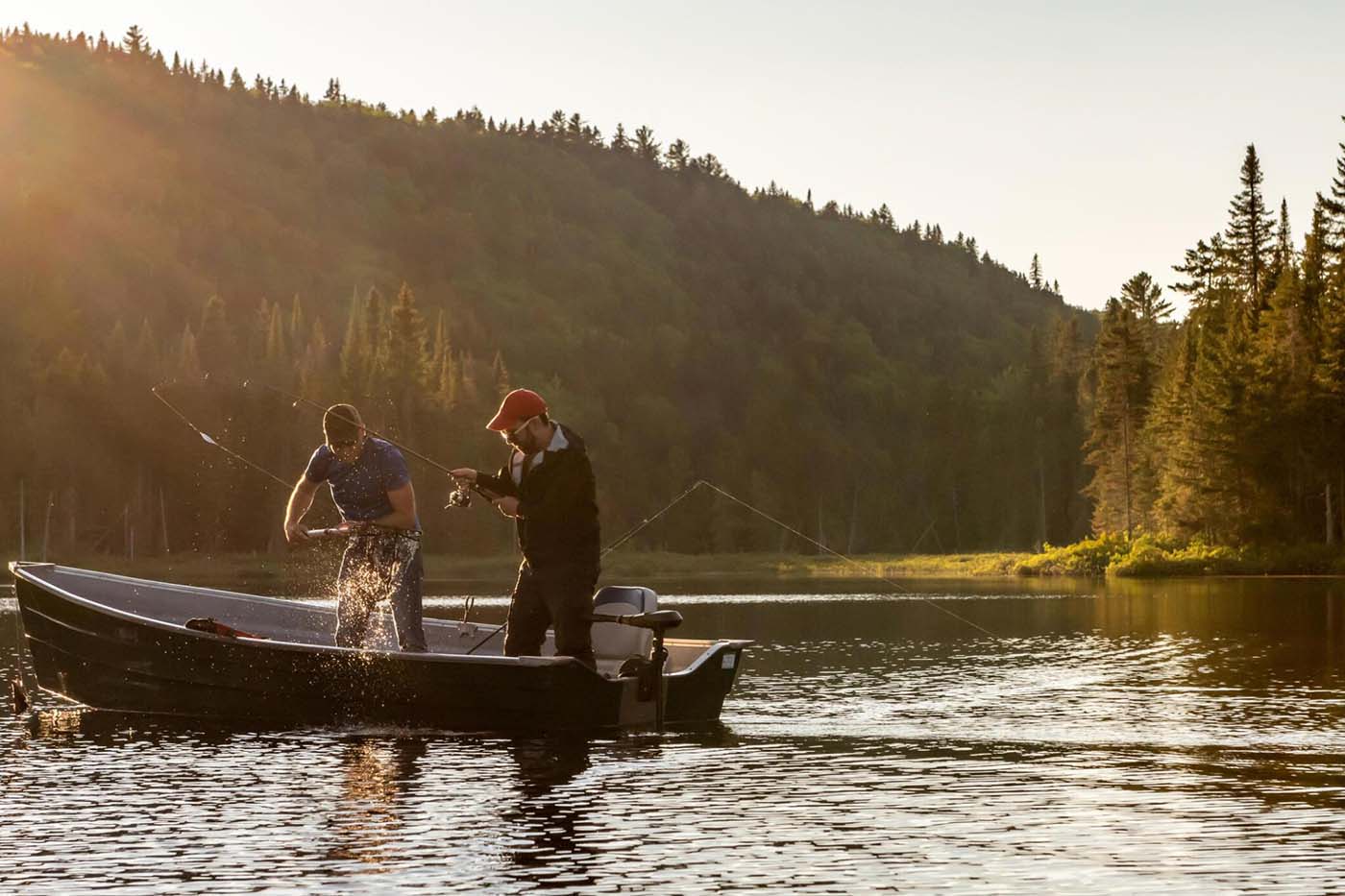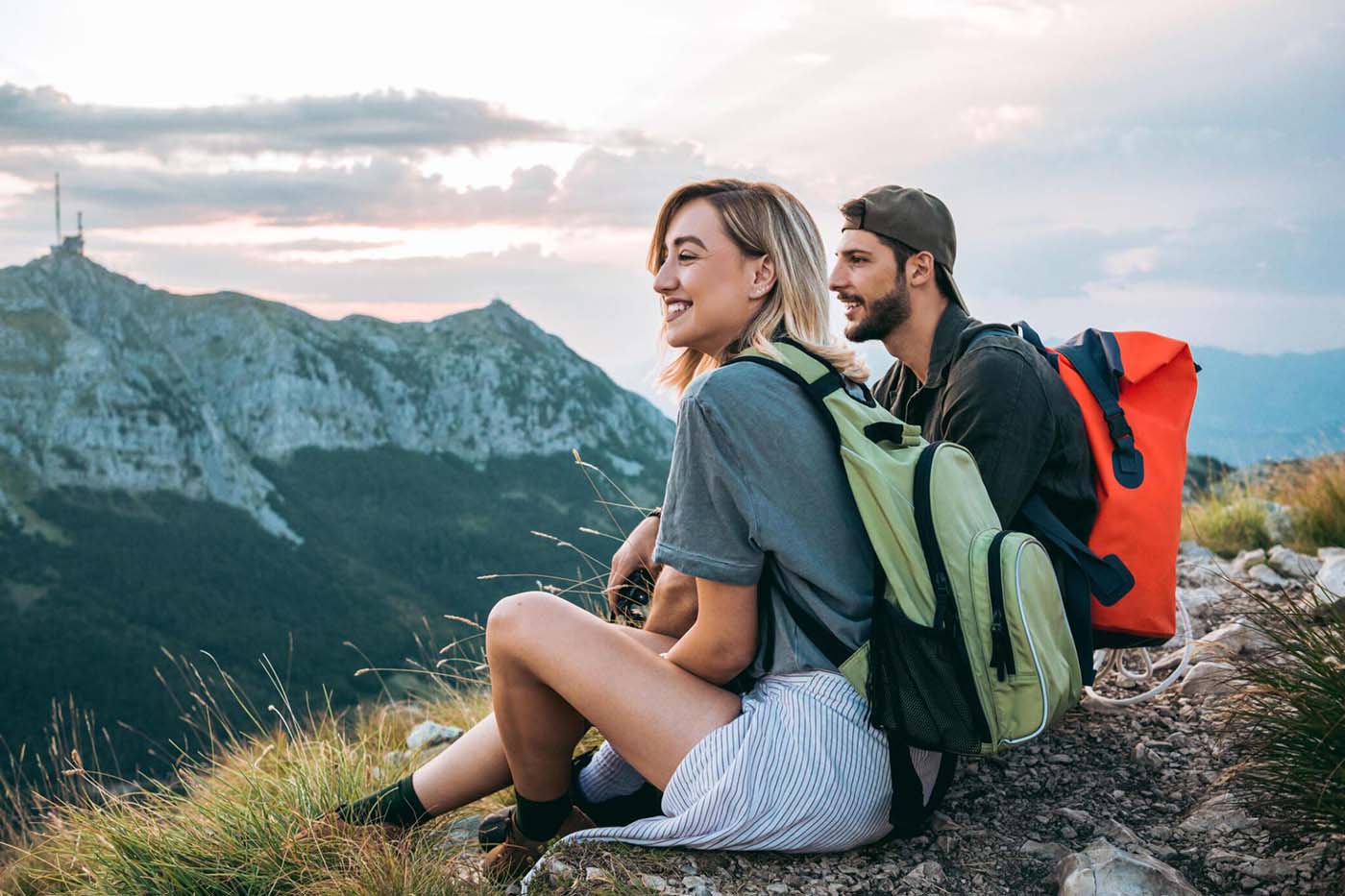While travelling can undoubtedly offer an immensely enriching and fulfilling experience, it’s crucial for all avid adventurers to maintain a heightened sense of awareness when meticulously planning their journeys. This heightened vigilance becomes particularly significant due to the myriad of potential hazards that can lurk around the corner, ready to disrupt your idyllic vacation. Unforeseen health issues, crafty scammers, and the unfortunate threat of theft can all conspire to cast a shadow over your carefully planned expedition.
However, fret not, for there are prudent measures you can take to minimise these potential hazards and, in turn, amplify the overall enjoyment and safety of your journey. By diligently adhering to the following travel safety tips, you can rest assured that your adventures will not only be memorable but also free from avoidable setbacks, allowing you to savor every moment of your well-deserved getaway.

Do Your Research
Researching your travel destination thoroughly before setting out is essential, so that you know exactly what to expect and can prepare yourself for any unanticipated situations that may arise. This research can take many forms: online reviews, contacting locals, reading a travel adventure guide, or consulting the State Department’s Smart Traveler Enrolment Program website (for specific types of travel like hiking or scuba diving). Spending the time doing your homework could make or break your trip!
If you plan on staying at a hotel, make sure that their security policy and where the most secure areas are. Also keep a list of emergency contacts available such as local embassy/consulate and police departments handy in case an incident arises during your stay.
Traveling with children requires extra caution. Teach them to look both ways before crossing a street and remain aware of their surroundings to reduce the chances of them getting hit by cars, kidnapped or becoming victims of pickpocketing. Also make sure they never accept candy from strangers!
Teaching them to use the buddy system when going out is also highly recommended, as this way they will always have someone looking out for them and reduce the chances of them getting lost. Finally, remind them to take precautions against illness by washing hands often with soap (when possible) or carrying hand sanitiser (in lieu of soap). In crowded places it may also be beneficial for them to wear a face mask to avoid picking up germs that could make them sick; and of course always drinking plenty of water! Staying hydrated during vacation will keep your health intact!
Be Mindful of Your Belongings
Travel safety demands being mindful of your belongings at all times – this is especially relevant when traveling abroad as unfamiliar environments increase the chance of theft, making your experience less enjoyable and stressful. To minimise risk and ensure peace of mind during travel, always keep valuables close at hand and don’t leave them lying around unattended.
One effective method to protect yourself and your belongings while traveling is using a backpack with front strap. This will prevent pickpockets from easily accessing any hidden pockets in your pants, and is an especially good idea when taking public transit or moving between locations.
One way to protect your belongings while traveling is by carrying a travel padlock with you. This small but inexpensive device can deter petty theft and keep your items secure when you’re not around. Most hostels or other forms of accommodations offer lockers where you can lock up your items; alternatively, buy an inexpensive padlock just for your bag in Airbnbs or hotels that don’t provide this feature.
As part of your personal safety, it’s wise not to wear too much bling or expensive jewellery when traveling. Doing so could send the wrong message about how much money you possess – making you an easy target for muggings or other crimes.
Always carry your passport when traveling abroad to facilitate easier verification of identity in case of emergency.
Be Wary of Animals
Animals in both wild and domestic settings are potential carriers of disease and causers of injuries. You should avoid petting or feeding any non-food raising animals that have not been vaccinated – petting and feeding could expose yourself to potential infections from animal bites or licks that haven’t been properly protected against. Stay current on your tetanus vaccination.
Rodents (rats, mice and squirrels) can transmit diseases through bites, scratches, urine, feces or fleas that include plague, leptospirosis, hantavirus disease, rickettsial disease and typhus; while bats can spread rabies, histoplasmosis and Ebola.
At animal crossing areas, use your high beams at night to see animals more easily. Avoid attractions that exploit animals for entertainment such as zoos or elephant rides as this practice constitutes cruelty towards them as well as injury or even death to travellers.

Be Careful With Water Activities
Drowning is one of the leading causes of travel-related deaths, so it is essential that travellers remain aware of water safety. This applies to swimming, boating and fishing activities as well as all forms of recreational water use such as snorkelling. Before venturing onto any body of water it’s a good idea to do some research into your destination such as its type of coastline and whether there are dangerous currents or rip tides present as well as speaking with locals regarding safe swim zones and reviewing warning flags on beaches; where possible try lifeguarded areas as much as possible and enrol children in swimming lessons before leaving home while adults should brush up their skills as well.
Drinking water quality should also be taken into consideration when travelling abroad, since contaminated drinking water could come from pollution, agricultural runoff or old pipes. Therefore it’s crucial that travellers bring a reusable water bottle with them and know how to safely disinfect it using boiling as this method kills all bacteria, viruses and protozoa found within.
Be mindful to follow local boating and fishing regulations whether renting boats or staying at a resort. For safety, wearing a helmet when riding an inflatable boat may also be advised; expensive jewelry should also be avoided on beaches as this makes you an easier target for theft.
Open-water swims and other water sports can be great family experiences, but it’s essential that they remain safe. Drowning accidents are among the leading causes of traveler fatalities; therefore, learning how to swim and using the buddy system while in the water are both key steps towards protecting yourself. When travelling to hot destinations be sure to use sunscreen with an SPF rating above 15 and cover yourself as much as possible when in direct sunlight.
Be Mindful of Strangers
Travel is an amazing opportunity to gain new cultural experiences, but it also poses risks to personal safety. That is why it’s crucial to fully comprehend any risks before setting out on any journey so you can best prepare and plan accordingly to ensure your wellbeing and make informed decisions for ensuring its safe completion.
One of the greatest dangers lies in overtrusting strangers. Be it someone on the street or someone you meet at your hotel, it’s important to remain aware of who they are and their actions at all times. It can be easy to get caught up in your daily activities and forget to pay attention – exactly what predators look for!
Staying with people you know and avoiding going out alone at night are also great strategies, particularly if traveling in a new country. If something feels off, don’t hesitate to turn around and find an alternative route if walking alone starts becoming uncomfortable.
Care must also be taken when discussing travel plans with others, especially family or close friends who you trust – only share details that might compromise security with those whom you trust should you inform of your destination.
Reading up on local crime rates and safety precautions before traveling is also wise, since each country presents its own scams and dangers – for instance, some countries have issues with corrupt police officers planting drugs on travellers so it’s advisable to get this information before arriving.
Conclusion
In conclusion, while the world beckons with its wonders and adventures, it’s essential for every traveler to be cognisant of the potential challenges that may arise. From unexpected health issues to the sly tactics of scammers and the threat of theft, these hazards can, at times, test the serenity of your journey. Nevertheless, armed with the knowledge and awareness of these potential pitfalls, you can turn your travels into not only enriching experiences but also safe and enjoyable ones.
By following the travel safety tips outlined above, you’ll be better equipped to navigate the intricacies of your destination, ensuring that your well-planned trips are not marred by avoidable setbacks. Remember that safety should always be a top priority while exploring new horizons, allowing you to make the most of your adventures and create lasting memories that will stay with you long after you return home. So, pack your bags, embark on your journey, and embrace the world with open arms, knowing that you’re well-prepared to make the most of every moment.








